Accountability in the Aftermath of the Texas Grid Crisis of 2021
Almost three years have passed since the devastating winter blackout of 2021 in Texas, a crisis that claimed lives and left millions without power for an extended period. Recently, a panel of judges from the First Court of Appeals in Houston dropped a bombshell ruling: power companies cannot be held liable for their failure to provide electricity during the blackout. The basis for this decision lies in the unique landscape of Texas’ deregulated energy market.
Judicial Ruling: Power Companies Gain Legal Immunity
In a surprising turn of events, a three-judge panel unanimously ruled that big power companies cannot be held accountable for the blackout fallout. Chief Justice Terry Adams stated that “Texas does not recognize a legal duty owed by wholesale power generators to retail customers to provide continuous electricity to the electric grid.” This legal decision serves as a shield, protecting power companies from potential lawsuits filed by families affected by the crisis.
Deregulation’s Impact on Legal Responsibility
The judges attributed the lack of legal duty to the deregulation of the Texas energy market in the early 2000s. The aim was to foster competition and reduce energy costs by breaking up regional energy monopolies. However, the unintended consequence appears to be a diminished sense of responsibility towards consumers. With the separation of power generation, transmission, and retail sales, power companies are no longer directly obligated to ensure a continuous power supply, especially during catastrophic events.
Families’ Uphill Battle and the Road to Appeal
Families affected by the blackout, undeterred by the recent legal setback, are planning to appeal the decision. These families seek justice and accountability for the losses and hardships endured during the crisis. The legal battle is far from over, and the outcome holds significant implications for the broader question of who is responsible when the Texas power grid fails.
The Unanswered Question of Accountability
As the families gear up for an appeal, a pressing question looms: who, if anyone, can be held accountable for the deaths and losses incurred during the blackout? The recent ruling has left this question largely unaddressed, leaving families and legal experts pondering the next steps in the pursuit of justice.
Energy Customers are Drawing the Short Stick
In the aftermath of the blackout and the recent legal ruling, it appears that energy customers in Texas are drawing the short stick. The state’s deregulated energy market has created a situation where power companies can evade legal responsibility for providing a reliable power supply. This leaves customers with unreliable energy and no one to hold accountable if power failures result in loss of life.
The Path to Energy Independence: Go Solar!
Amidst the legal complexities and uncertainties, there is a call for Texans to take control of their energy needs. The only real way to achieve a secure and independent energy future is for individuals to generate their own energy, one option being through solar. By harnessing the power of the sun with solar energy solutions like those offered by us at NATiVE Solar, individuals can break free from the grid’s unpredictability and ensure a more sustainable and reliable source of power for their homes.
The recent judicial ruling has added a layer of complexity to the aftermath of the Texas grid crisis. As families plan to appeal and the search for accountability continues, the importance of exploring alternative energy sources, such as solar power, becomes increasingly evident. In a state where legal avenues may be limited, taking control of one’s energy future through solar solutions could be the key to a more resilient and independent future for Texans. #TakeYourPowerBack with NATiVE Solar.


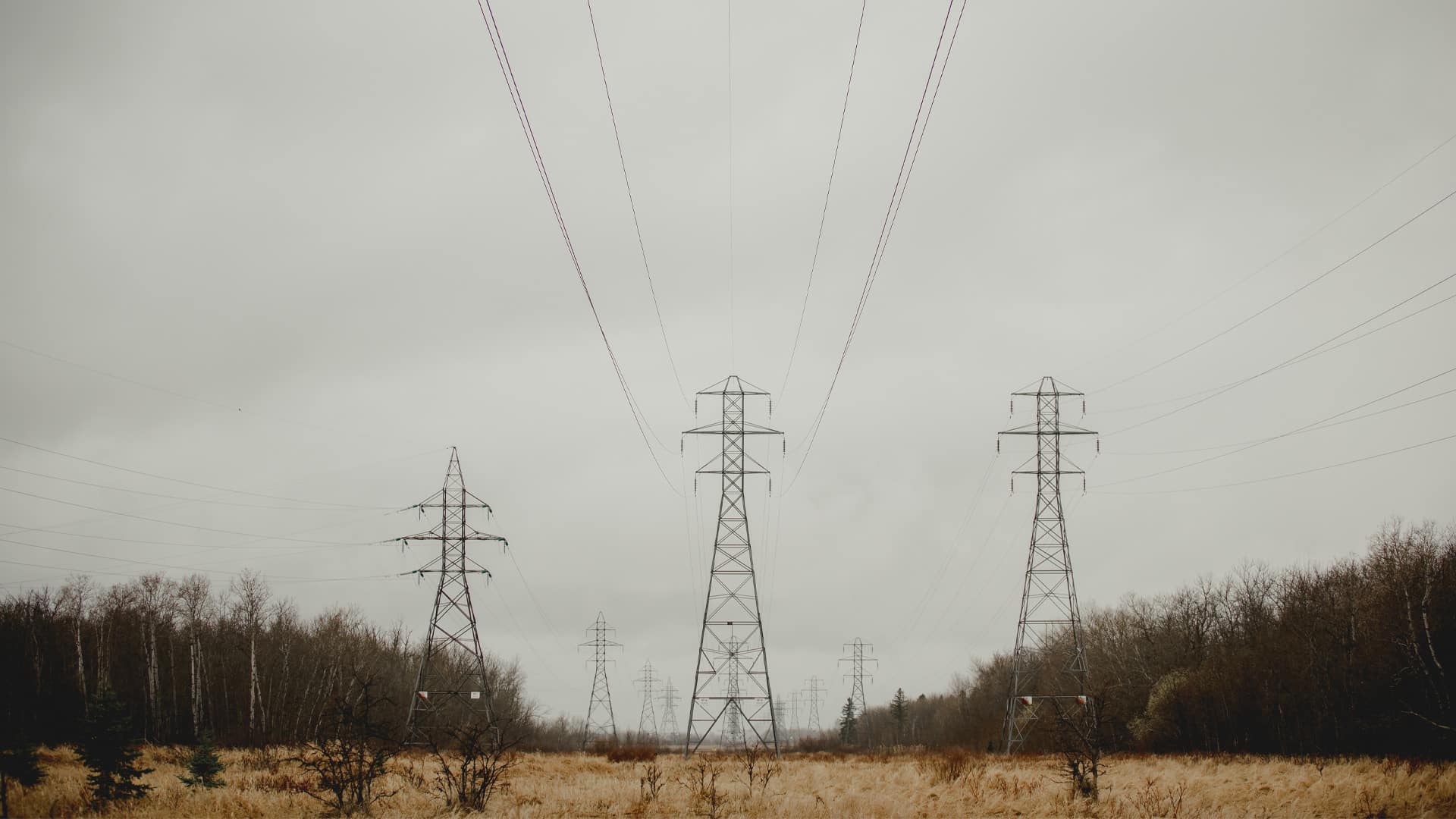





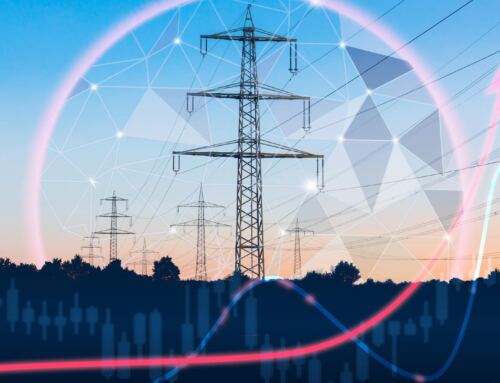


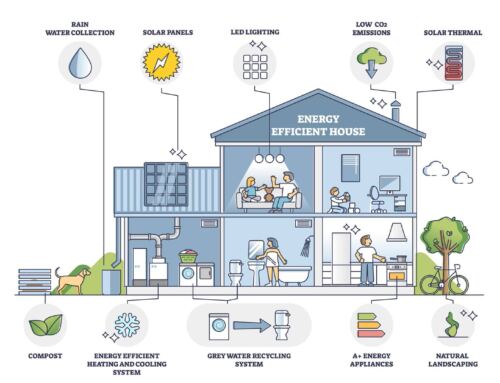
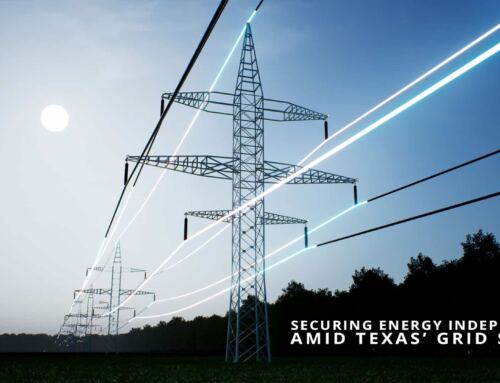



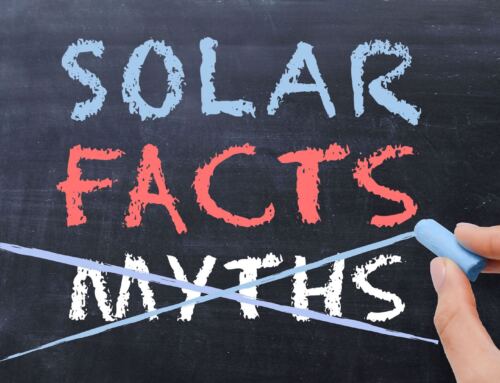

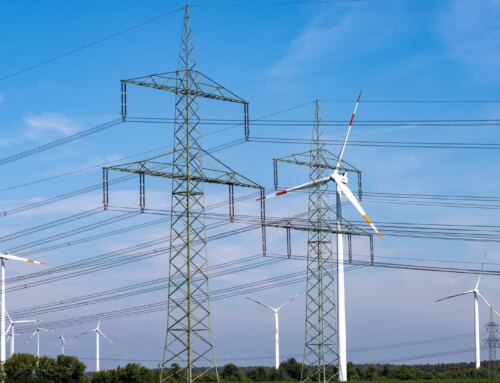

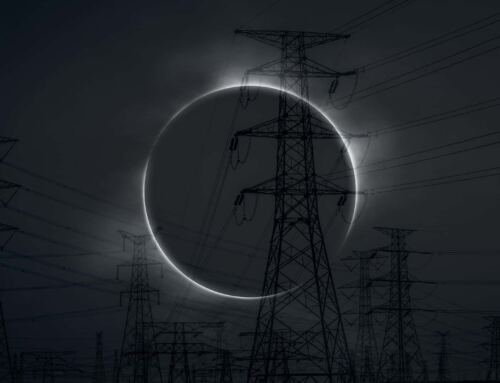
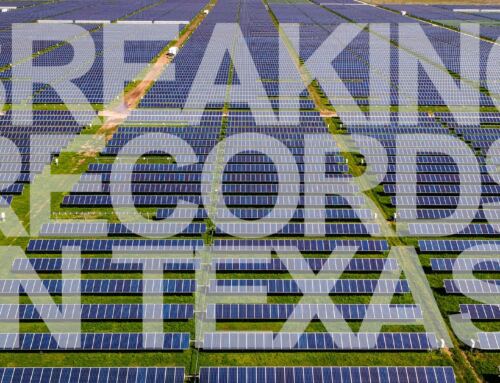



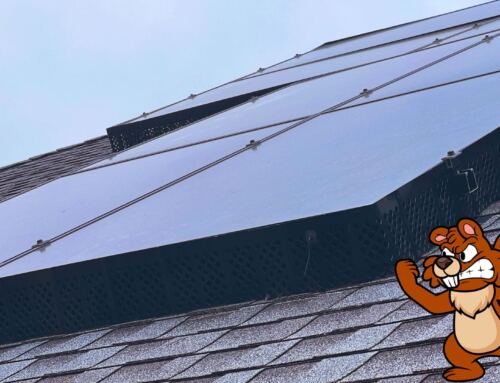


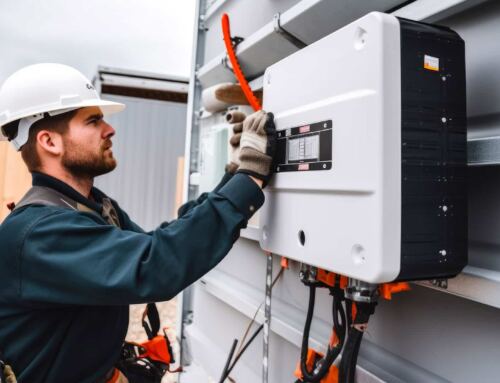
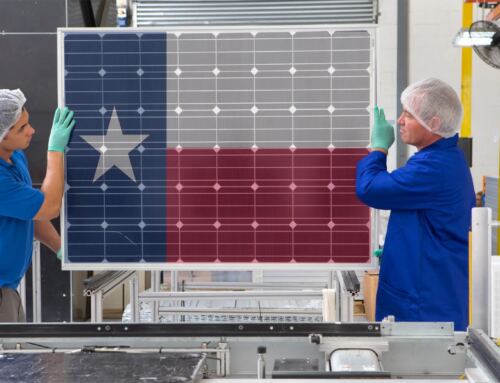
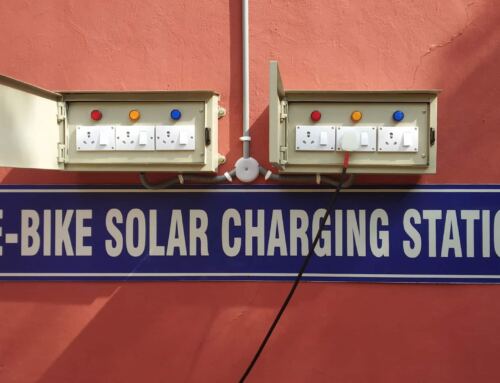

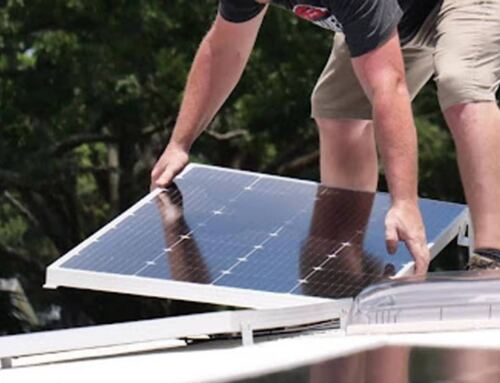
Leave A Comment